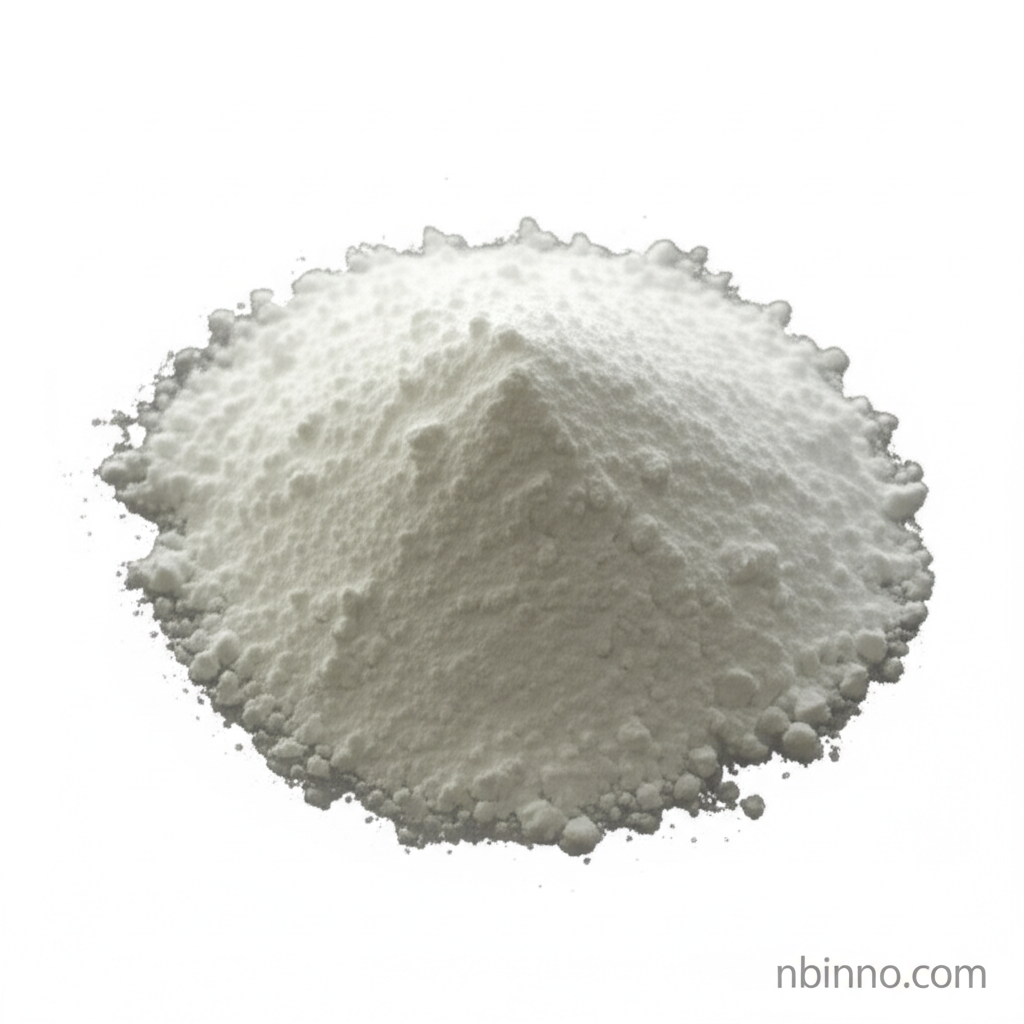Unlock the Potential of 2,5-Furandimethanol: A Versatile Biomass-Derived Chemical Intermediate
Discover the wide-ranging applications and advanced synthesis methods of 2,5-Furandimethanol, a key sustainable chemical derived from renewable biomass resources. Explore its role in pharmaceuticals, polymers, and more.
Get a Quote & SampleProduct Core Value

2,5-Furandimethanol
As a leading supplier in China, we offer super quality 2,5-Furandimethanol (CAS 1883-75-6). This versatile chemical intermediate, derived from biomass, is a critical component in the development of advanced materials and pharmaceuticals. Our commitment to excellence ensures high purity and competitive pricing for your R&D and manufacturing needs.
- Synthesis of drug intermediates: Leverage 2,5-Furandimethanol as a key raw material to enhance the efficiency and quality of pharmaceutical compounds.
- Polymer material synthesis: Utilize this furan derivative as a monomer in the synthesis of polyesters and polyurethanes, contributing to sustainable polymer development.
- Coating materials: Explore its potential to replace traditional compounds like propylene glycol in coatings, reducing volatile organic compound emissions.
- Molecular recognition studies: Employ 2,5-Furandimethanol as an artificial receptor in cutting-edge chemical interaction research.
Advantages Provided by the Product
Sustainable Sourcing
Derived from renewable biomass, contributing to a greener chemical industry and reducing reliance on fossil fuels.
Versatile Applications
Its multifaceted nature as a chemical intermediate opens doors to diverse applications across various industries, supporting innovation.
Enhanced Material Properties
Incorporating 2,5-Furandimethanol into polymers can enhance stability and reduce environmental impact, aligning with 'sustainable polymer synthesis' goals.
Key Applications
Pharmaceutical Intermediates
A crucial building block for synthesizing complex pharmaceutical compounds, contributing to advancements in drug discovery and production.
Polymer Synthesis
Serves as a monomer for creating bio-based polyesters and polyurethanes, offering eco-friendly alternatives in material science.
Coating Industry
Potential to replace conventional solvents, reducing VOC emissions and improving the environmental profile of coatings.
Research & Development
A valuable compound for molecular recognition studies and other advanced chemical research, pushing the boundaries of scientific understanding.
